Insights & Developments
Dive into the latest developments in AI for professionals and organizations. Discover practical applications and stay informed about important ethical considerations.

AI Disempowerment: When AI Help Backfires
New Anthropic research reveals that AI assistants can 'disempower' users in rare cases. What does this mean for organizations implementing AI, and how can you prevent it?

The Digital Omnibus: simplification or weakening of the AI Act?
Less than six months after entry into force, the European Commission already wants to simplify the AI Act. The Digital Omnibus proposal promises reduced administrative burdens, but critics fear an erosion of fundamental protections. What's at stake?
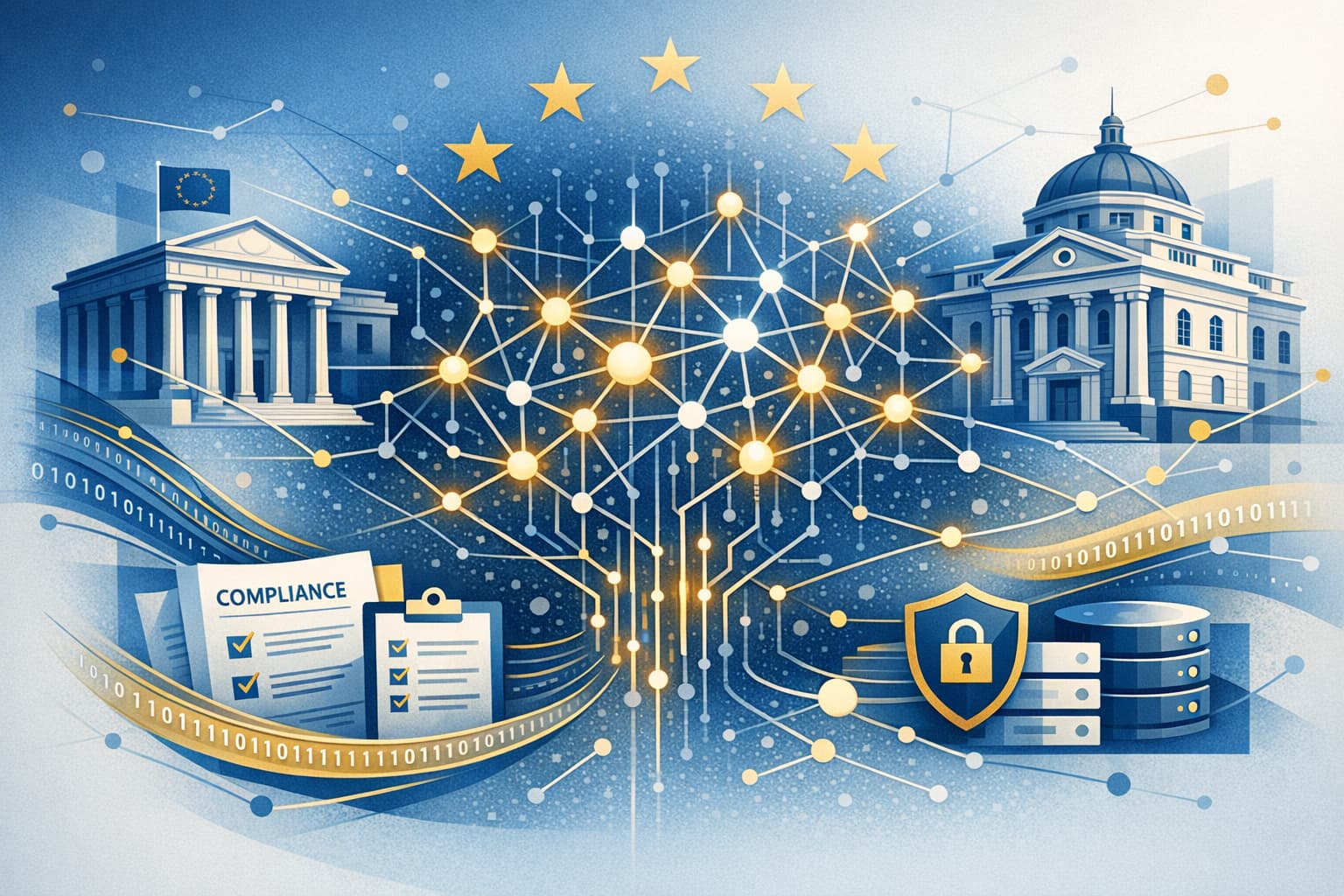
AI Governance in the Financial Sector 2026: What Banks Need to Know
Over 70% of banks are already using agentic AI, but governance frameworks lag behind. With the EU AI Act deadline of August 2026 approaching, the time to act is now.
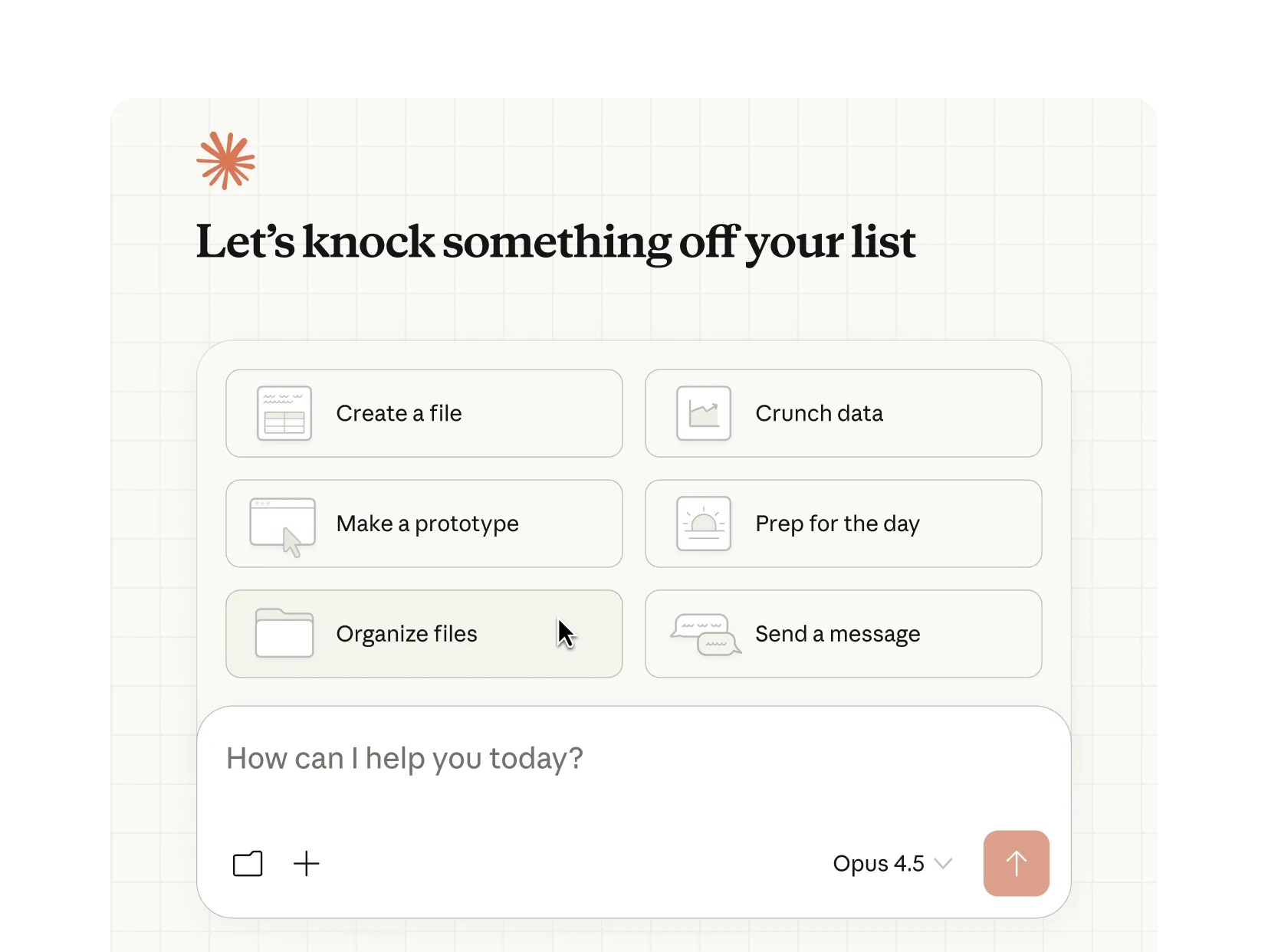
Claude Cowork: The Digital Colleague That Actually Works
Anthropic launches Claude Cowork: a research preview where AI doesn't just answer questions, but actively executes tasks on your computer. What does this mean for knowledge workers?

Digital Omnibus 2025: The Great Cleanup of EU Digital Legislation
The European Commission has presented the 'Digital Omnibus': an ambitious package to simplify and streamline digital legislation such as the AI Act and GDPR. What does this mean for your organization?
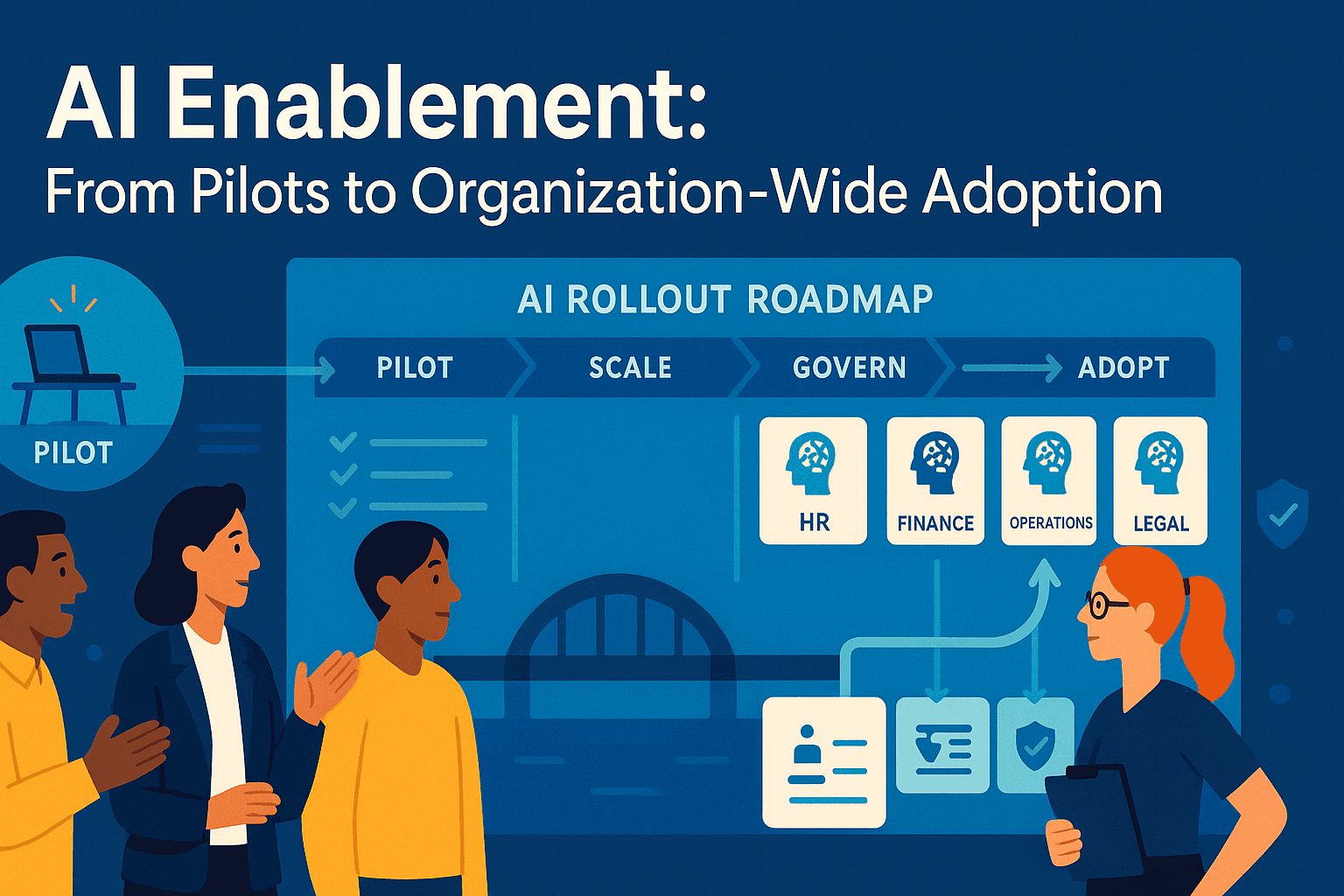
AI Enablement: from pilot projects to organization-wide adoption
Most organizations start with AI pilots but stall during scale-up. Discover a practical approach for sustainable AI adoption: from knowledge building to ambassador networks and measurable results.

GPT-5: beyond a new model - what this means for work and the economy
OpenAI introduces GPT-5. What’s genuinely new, how will it change work and productivity, and why does this matter for the broader economy?

Algorithmic Confidentiality Privilege (ACP)
From midnight confessions to ChatGPT to structural compliance risks: why Europe must act now to give AI conversations the same confidentiality privilege as traditional professional secrets.

General-Purpose AI Code of Practice: Europe's New Rules for AI Models
An in-depth look at the new General-Purpose AI Code of Practice and what it means for model providers, downstream developers, and regulators in the run-up to the AI Act.

AI procurement and contracts: how to ensure compliance upfront
Why AI compliance starts with procurement and which contractual requirements you must set for suppliers to prevent risks.

Human Oversight of AI in the Public Sector: From Formal Checkbox to Real Control
Episode 5 of the 'AI in the Public Sector' series. How human oversight can be more than a bureaucratic formality and what competencies, tools, and organizational structures are needed to truly intervene when algorithms go astray.

AI literacy: from one-time training to strategic process
Why AI literacy is more than training and how to set up a strategic, multi-year process according to the new framework from the Dutch Data Protection Authority.

Data quality & bias mitigation: from raw source to robust model
Episode 4 of the series 'AI in the public sector'. How contaminated data can undermine carefully crafted FRIAs and which techniques government organizations can use to detect and mitigate bias in their AI systems.

The FRIA: fundamental rights in the boardroom
Episode 3 of the 'AI in the Public Sector' series. How government organizations conduct a Fundamental Rights Impact Assessment (FRIA) to protect fundamental rights when deploying high-risk AI systems.

Risk classification and scoping: the large inventory
How government organizations can inventory and classify their AI systems according to the EU AI Act, including a practical approach to risk classification.

High risk AI in the public sector - From crisis to compliance
How the EU AI Act fundamentally changes the implementation of high-risk AI in the public sector, with concrete deadlines and compliance requirements.

What's in the European Parliament's draft report on AI in finance—and why it matters for organisations
On 14 May 2025 the European Parliament's Economic and Monetary Affairs Committee published its draft resolution on the impact of artificial intelligence on the financial sector. Although still in draft form, the text offers a clear glimpse of how Brussels thinks about AI and finance—and how regulators expect firms to respond.
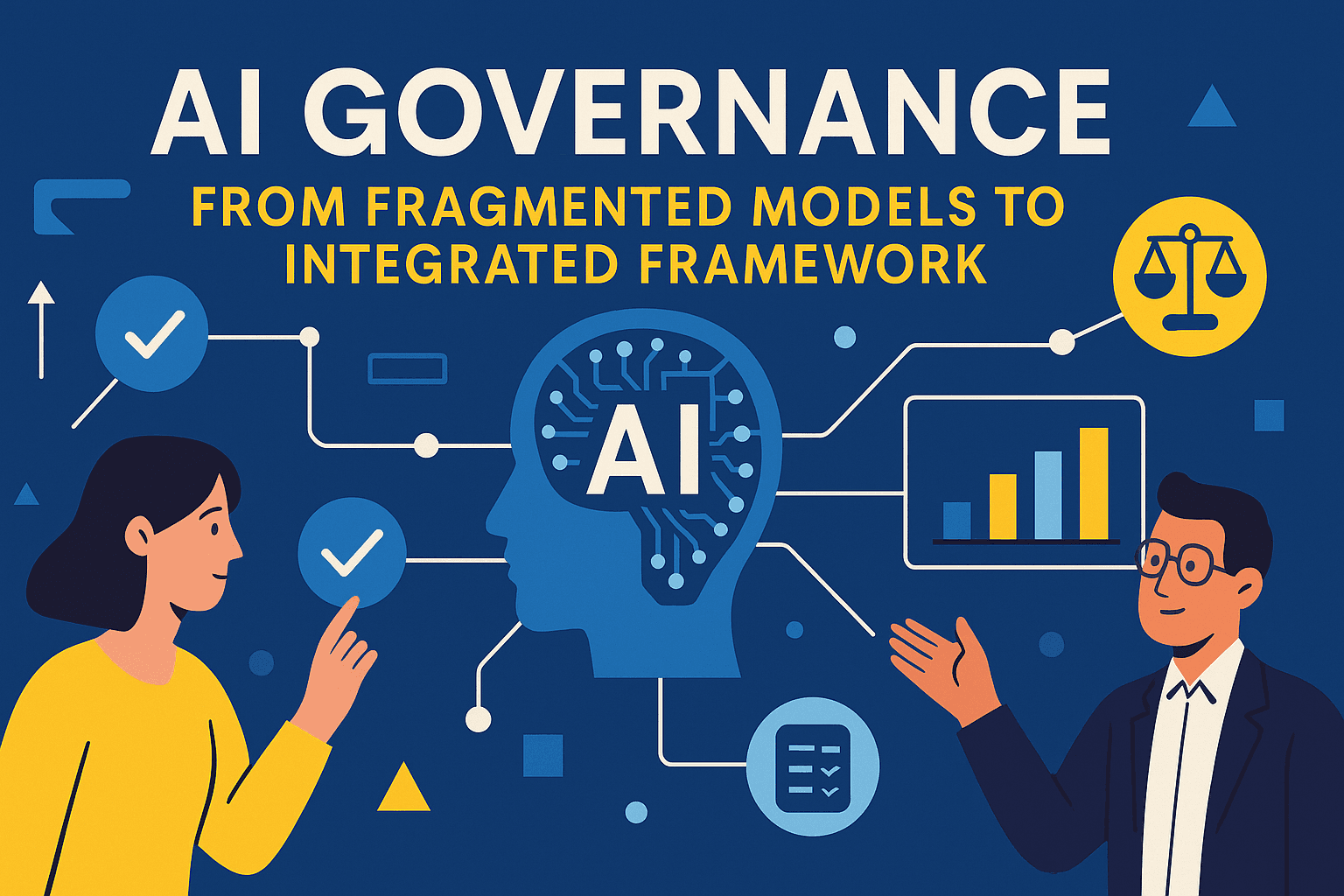
From individual use cases to an integrated AI framework
The final part of the AI & Finance under the EU AI Act series – how financial institutions can connect individual use cases into one coherent governance framework.
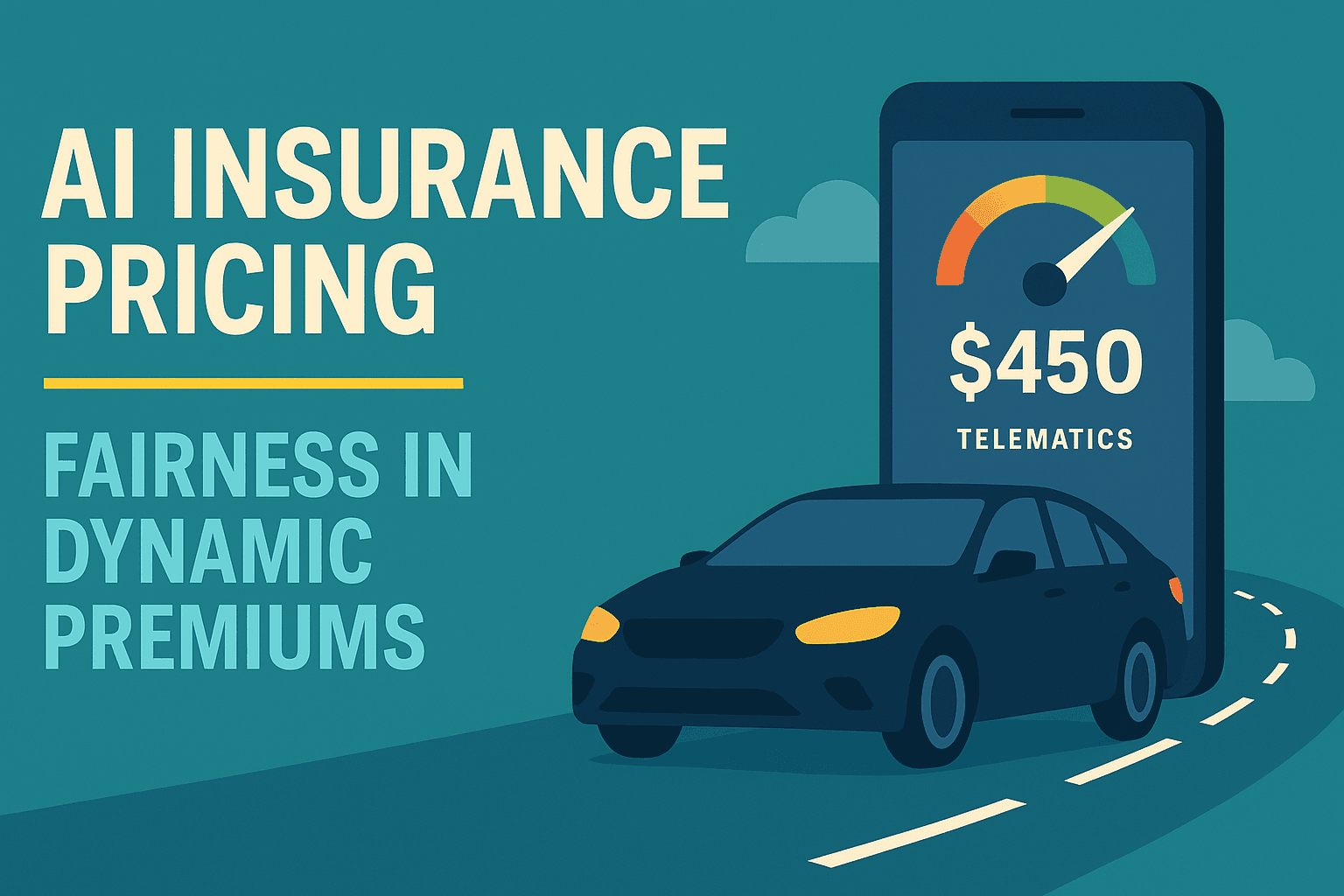
From kilometer data to customer trust – Fairness in dynamic insurance premiums
Blog 4 of the series 'AI & Finance under the EU AI Act'. How telematics data and self-learning algorithms determine insurance premiums, but why transparency and fairness are crucial for compliance and customer satisfaction.
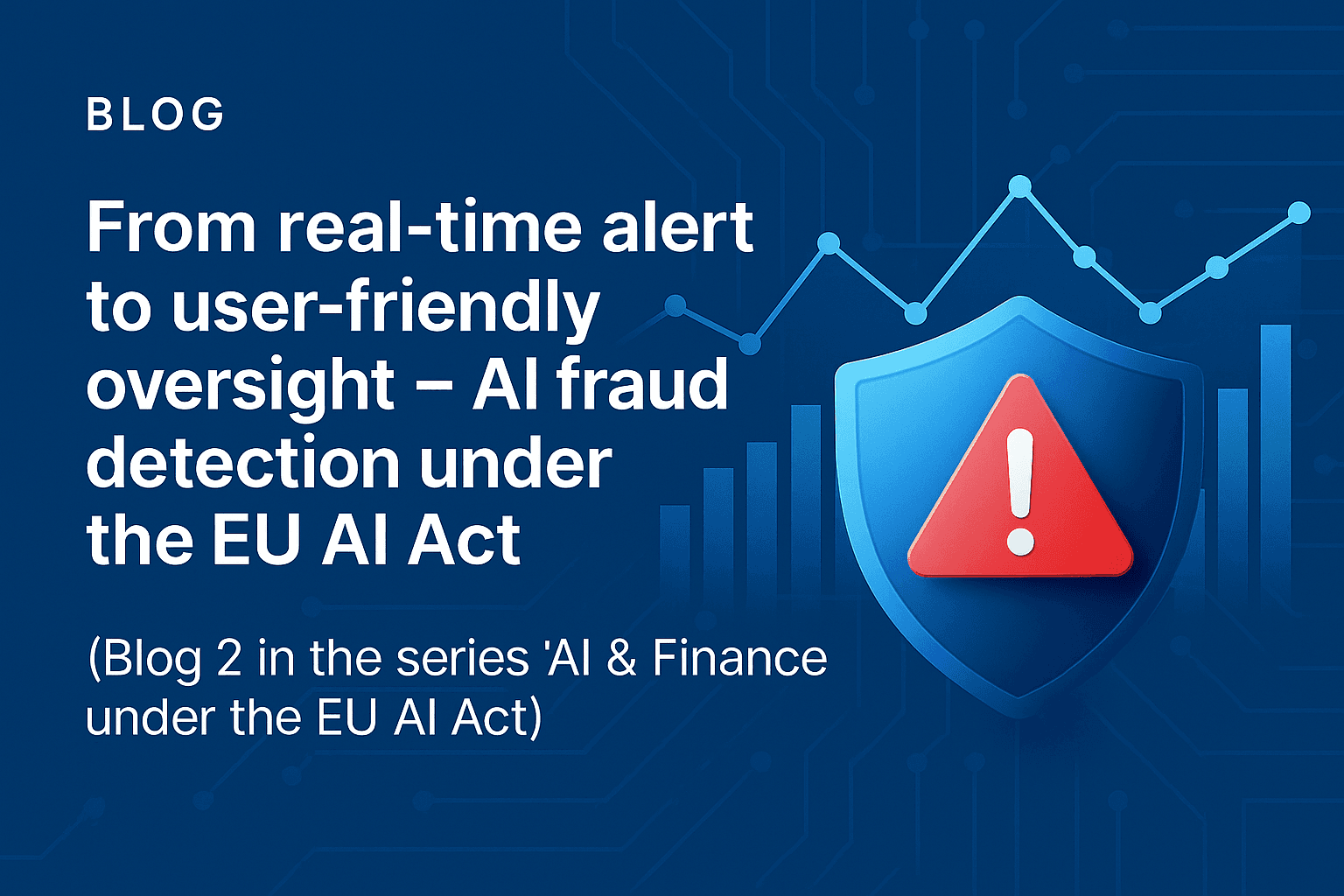
From realtime alert to customer-friendly oversight – AI fraud detection under the EU AI Act
Blog 3 of the series 'AI & Finance under the EU AI Act'. How fraud detection AI can block customers in 200 milliseconds, but why transparency and human oversight are crucial for compliance and customer satisfaction.

From scoring algorithm to transparent credit decision – AI credit scoring under the EU AI Act
Blog 2 of the series 'AI & Finance under the EU AI Act'. How banks must transform their credit assessment systems from fast black boxes to transparent, explainable decisions. From compliance obligation to competitive advantage.

The first EU case on AI copyright: why Like Company v. Google Ireland is a turning point
Since April 3, 2025, a groundbreaking case has been pending at the EU Court of Justice that could definitively reshape the relationship between generative AI and copyright. Hungarian publisher Like Company challenges Google's Gemini over the use of news articles without permission.

From smart score to duty of care – AI risks in the financial sector
Blog 1 of the series 'AI & Finance under the EU AI Act'. How the AI Act forces financial institutions to move from black box to transparency. From credit scoring to fraud detection: practical steps for compliance and competitive advantage.

Free EU AI Act compliance check: Know where you stand in 5 minutes
The EU AI Act has been in force since August 2024, but do you know which obligations apply to your organization? Find out in 5 minutes with our free compliance tool and get a personalized action plan.

From cost center to growth engine – why AI literacy pays off
How investments in AI literacy deliver measurable returns (Part 5 – conclusion). From CFO-proof business case to culture change: this final part proves that working on responsible AI isn't a cost center but a direct growth engine.

Fairness by design – before AI sees the job posting
Continuously steering AI in HR & Recruitment (Part 4). Bias creeps in long before a model starts calculating. For true compliance, preventive measures are needed before technology amplifies problems.

From dashboards to trust
Continuously steering AI in HR & Recruitment (Part 3). How effective monitoring makes the difference between compliance and trust in AI-driven recruitment processes.

AI literacy: the invisible muscle of modern recruitment
The AI Act demands more than compliance. Discover why AI literacy becomes the strategic advantage in the recruitment landscape after the implementation of the new legislation.

The silent revolution in the recruitment landscape
The European AI Act has caused a silent revolution in the HR landscape. Discover how this legislation fundamentally changes recruitment practices and what this means for recruitment in 2025.

OpenAI Deep Research: The Future of Intelligent Research
An in-depth analysis of OpenAI's revolutionary research AI that performs complex tasks by analyzing and synthesizing large amounts of information.

AI's Mystery Box: The Necessity of Explainable AI
An exploration of the necessity of explainable AI in a world where technology is becoming increasingly complex.

The AI Sandbox: How Europe Creates Experimental Space for Responsible AI
The European Union introduces AI sandboxes as safe testing environments for AI development. This article explores what an AI sandbox is, why it's necessary, and how it contributes to responsible AI development in Europe.

How We Maintain Control Over AI: Human Agency and Oversight in the AI Era
How do we stay in control of smart technology? This blog explores practical methods to maintain human control in AI use, with concrete examples and insights from new European legislation.

AI and the Energy Market: The Jevons Paradox and the Unexpected Dark Side of Efficiency
AI promises major benefits for energy efficiency, but paradoxically creates an explosive increase in total energy consumption. This blog examines how the Jevons paradox determines AI's impact on the energy market and offers insights for sustainable policy development.

Electricity and AI: Why We Underestimate the Future
A comparative analysis of how we underestimate AI, similar to how we once underestimated electricity, and why we must take action now to embrace this revolutionary technology.

AI Literacy: Why Every Organization Must Invest Now
With the implementation of the EU AI Act, AI literacy becomes a legal requirement. Discover why it is essential for your organization to invest in AI training now and how to approach this effectively.

Microsoft 365 Copilot Under Scrutiny: Why Privacy is Crucial in Generative AI
A critical analysis of privacy risks in Microsoft 365 Copilot. Discover the hidden implications for organizations and learn which measures are essential for responsible implementation.

AI-powered Lawyering: The New Reality in Legal Practices
A thorough exploration of the transformation in legal services through AI technology. Based on recent research and practical experience, we provide insight into the concrete impact on legal workflows.

AI as Co-pilot: The Future of Knowledge Work According to Ethan Mollick
An in-depth analysis of Ethan Mollick's vision on human-AI collaboration in knowledge work. With concrete examples from practice, we explore the impact of AI integration on professional work processes.

AI Workflows for Legal Practice
A systematic overview of effective AI workflows for the legal sector. Based on practical experience, we present concrete implementation strategies for modern legal organizations.

Ethical Aspects of AI in the Legal Sector
When an AI system makes a legal error, who is liable? From algorithmic biases to privacy dilemmas - we dive into the ethical gray areas of AI in legal practice and explore how we can innovate responsibly.

Comparison of AI Models for the Legal Sector: ChatGPT, Claude, and Gemini
ChatGPT, Claude, or Gemini - which AI assistant best fits your legal challenges? We put them to the test with realistic legal tasks, from contract analysis to case law research. The results are more surprising than you think.

Can AI Really 'Think Like a Lawyer'?
From legal memos to complex case analyses - we put five leading AI models on the attorney's bench. A surprising insight into their performance, weaknesses, and the crucial human factor in legal judgment.

The Story Behind Embed AI: From Personal Discovery to Mission
How a fascination with AI technology and the growing demand from the legal sector led to the founding of Embed AI. A personal story about innovation, knowledge sharing, and the future of legal work.